For Guillermo del Toro, working on the Día de los Muertos–inspired animated feature The Book of Life was a chance to give a nod to the compelling imagery that surrounds the Mexican celebration, while also telling a story with mass appeal.
The Book of Life follows a love triangle involving three lifelong friends — Maria (Zoe Saldana), Manolo (Diego Luna), and Joaquin (Channing Tatum).
The trio gets caught up in a wager by a pair of meddling gods voiced by del Toro favorite Ron Perlman and Mexican actress Kate del Castillo.
When Perlman's character, Xibalba, mistakenly bets on Joaquin to win over Maria's heart, he sends a two-headed snake to eliminate the competition.
A deadly bite sends the guitar-playing, bullfighting Manolo from the Land of the Living through two intricately fantastical worlds on an epic quest to reunite with his love.
"We called it The Book of Life because, for me, the movie is about life and joy and memory, and honoring memory, and knowing you can live forever when you have somebody that loves, and loved, you," del Toro said.

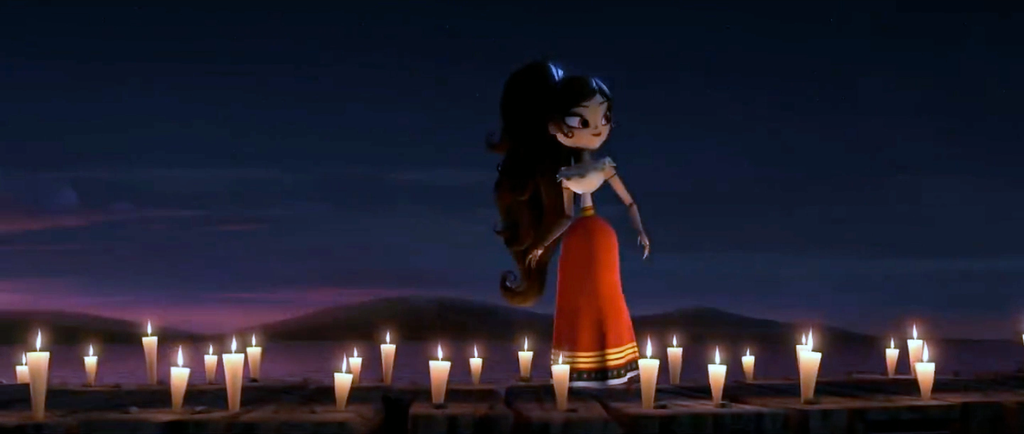

"It took a while to find financiers," del Toro said. "We were very obscure. But I think Jorge is such a good director, and the world we have created is so beautiful, that eventually people went, 'We want to do this.'"
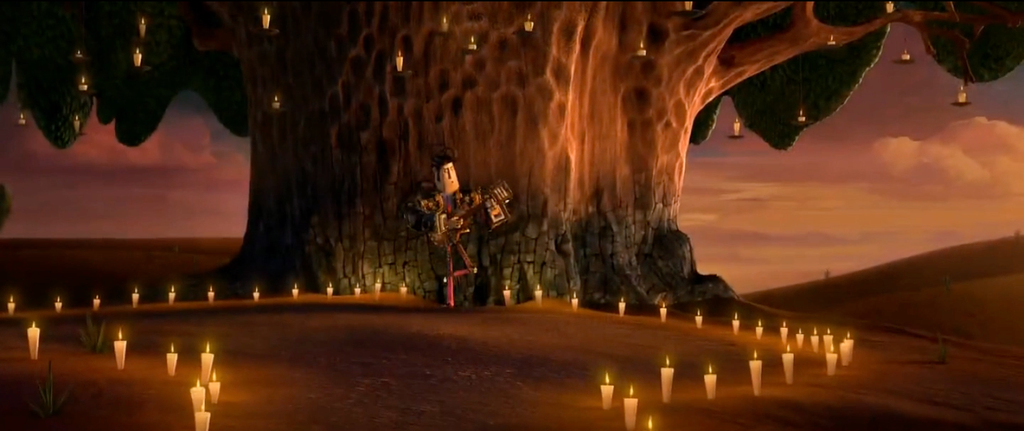
The studios' willingness to take on a feature with Día de los Muertos as a backdrop may also have something to do with the growing influence of Latinos in the American cultural landscape.
At the very least, the movie is bound to appeal to generations of Mexicans and Mexican-Americans.

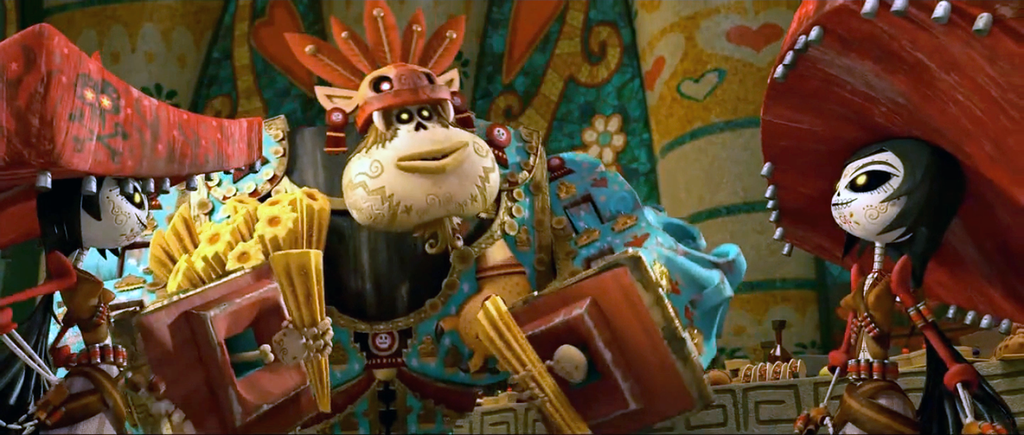
"You need to have very deep roots with your country, but you don't have to be tied to it, thematically, forever," del Toro said.
"She would bring a little bit of bread, and we would sit and reminisce and talk," he said.

It's an opportunity to expose new audiences to a different concept of honoring the dead, del Toro said.
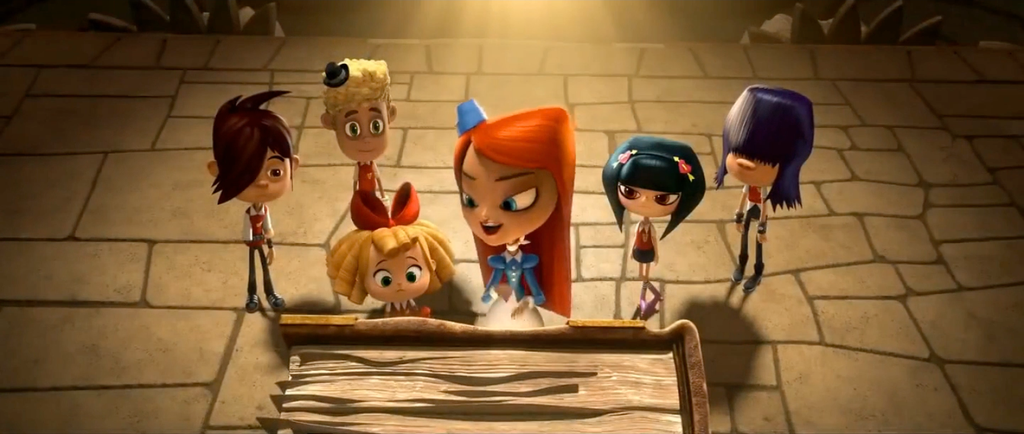
"In Mexican culture, we're genetically engineered to not have the contemplation of death as a tragic end but a continuation — as a companion of life," he said.
"The essence of death is to remind you to live, that's why we are not solemn or serious," he added.
"We dance, we sing, we party with the concept and celebrate the concept because, right now, we're here. It's the power of 'now,' Mexican style!"
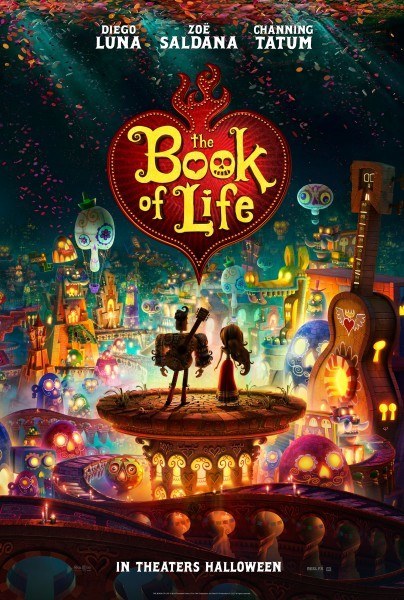
Jarett Wieselman contributed reporting to this story.
